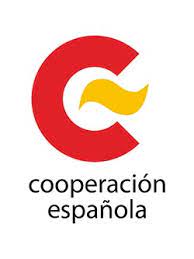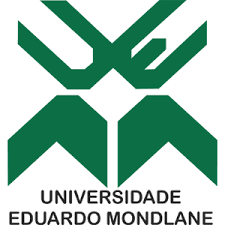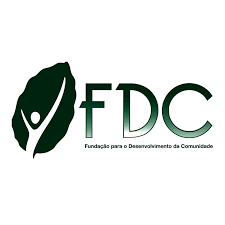Genomic surveillance for enhanced preparedness of emerging outbreaks through an integrated One Health and wastewater-based epidemiological approach in Manhiça, Mozambique (wastewater-based genomic surveillance-Gulbenkian)
Worldwide, there has been an increase in infectious diseases outbreaks1, posing a critical threat to global health2. An important step towards mitigating the impact of emerging infectious diseases is the early detection of potential outbreaks in humans, animals (wildlife and domestic) and in the environment, to enhance preparedness and control. This can be achieved through continuous surveillance to screen known and novel pathogens circulating in those niches3. Low-income countries, particularly in sub-Saharan Africa, are hotspots of disease outbreaks, including zoonotic and waterborne diseases, mainly due to inadequate sanitation infrastructure and weak healthcare systems. In addition, critical factors such as limited financial resources, insufficient laboratory capabilities and inadequate training pose a significant challenge for conducting surveillance in these countries, including Mozambique4. Therefore, wastewater-based epidemiological studies remain scarce in Mozambique; however, a recent analysis of fecal sludge revealed common enteric pathogens (diarrheagenic Escherichia coli, Salmonella, Giardia duodenalis, Cryptosporidium parvum, and Entamoeba histolytica) circulating in Maputo city5. Similar study conducted in the same setting, reported high frequency (96%) of non-polio enteroviruses in environmental samples6. The Centro de Investigação em Saúde de Manhiça in southern Mozambique, is part of an ongoing consortium which aims to monitor antibiotic resistance through hospital sewage monitoring. These few studies were conducted only in the Southern region and mostly in urban areas. Therefore, establishing an integrated surveillance platform, allied with advanced diagnostic tools would help to identify the dynamics of emerging infections, prevent disease outbreaks and inform policy decisions. In this project, we aim to integrate the One Health and wastewater-based epidemiological approaches for identifying and analyzing disease-causing pathogens with public health implications in Central and Southern Mozambique. We will conduct a wastewater and environmental genomic surveillance in Manhiça and Quelimane, Mozambique, using One Health approach. Environmental samples including raw sewage from community and hospital lagoons systems will be collected. In addition, domestic animal sampling will be done from poultry, cattle, and other animals that have been documented to harbour highly virulent microbes. Shotgun metagenomics and metagenomics next-generation sequencing (mNGS) will be used to detect and characterize potential pathogens that could cause future pandemics. Thereafter, if significant pathogens of clinical importance are detected, whole genome sequencing on those specific pathogens will be performed. This project is expected to elucidate the transmission networks of relevant pathogens using One Health, as well as the potential to identify new pathogens, placing Mozambique in a privileged position to respond to the next health emergency





